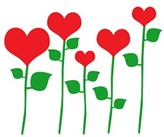
Bambi has more than one post on flowers. The latest one, shown at the end of this one, featured the beautiful flowers of Halifax’ public gardens. Today’s post is a follow-up to it, with a floral beauty located in one of Halifax’ community gardens. Both posts were made possible, thanks to Khaldie’ generosity.
To begin with, let’s start by acknowledging Khaldie’s multiple talents, including but not limited to photography, cooking, baking, gardening, and having raised her great children in addition to nurturing friendships. Thanks to her for sharing Halifax’ beauty. In addition, Bambi is grateful to her other readers/friends for privately and regularly sending pictures of flowers, along with kind words ❤️. Bambi will name (sorry if she is forgetting anyone): Rose from Toronto, the most beautiful flower in the garden of friendship and humanity (Bambi will forever remember her incredible support); Greta from Montreal for her inspiring creativity, kindness, wisdom, and sense of perspective, in addition to humour; and last but not least, Fred from Ottawa for his support, contributions to this blog, and for being not too bad as a faithful friend to both her (21 years!) and her spouse (30 years!).
Bearing the above in mind, Khaldie’s pictures will be followed by the French, German, and English versions of an old Russian romance song (1924). The French song, performed by the late and UNIQUE Dalida (written by Mr. Eddy Marnay), reminds us of the time of flowers [“Le temps des fleurs”] whereas the English version, by Ms. Mary Hopkin (1968), is about friendship-related memories. Same for the beautiful German version, entitled “An jenem Tag mein Freund“, which is also performed by Dalida. Of note, the original superb Russian melody has been translated into many other languages, including Spanish, Italian, Hungarian, Persian, and, more recently, into Arabic.
In conclusion, Bambi would like to: (1) offer Ms Hopkin’s English version to her friend Jane. She knows why ❤️ :); and (2) end with a quote by Mr. Victor Hugo, which goes like this: “La vie est une fleur dont l’amour est le miel”. In English, it means: “Life is a flower of which love is the honey“. To what extent do you agree/disagree?

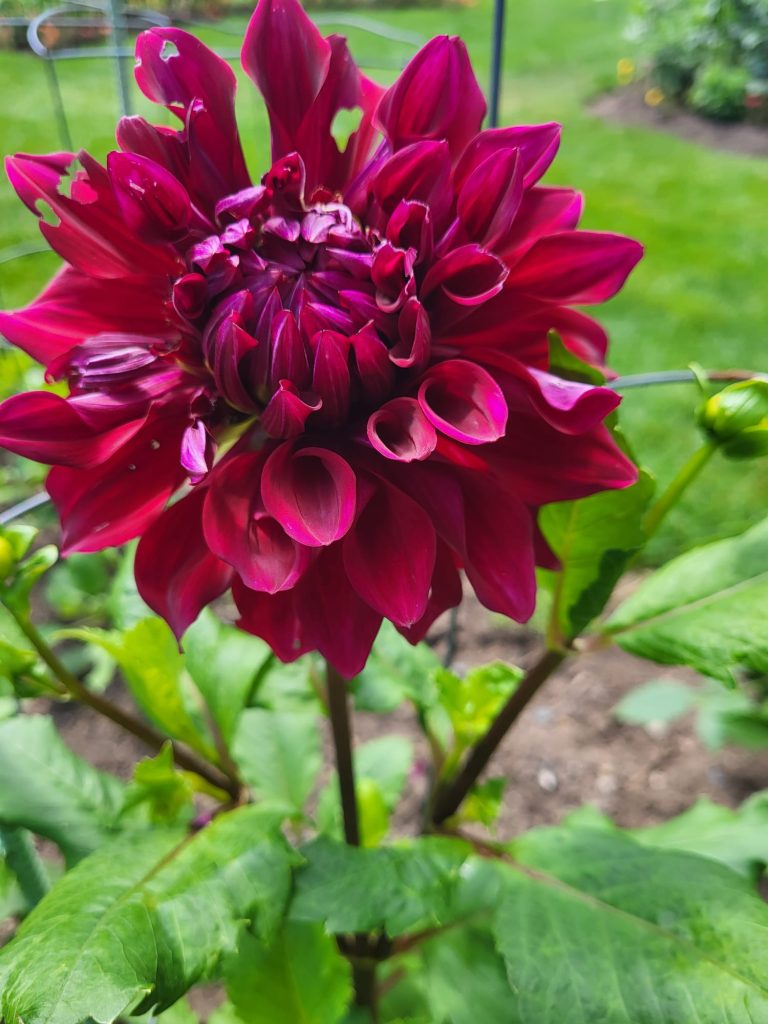
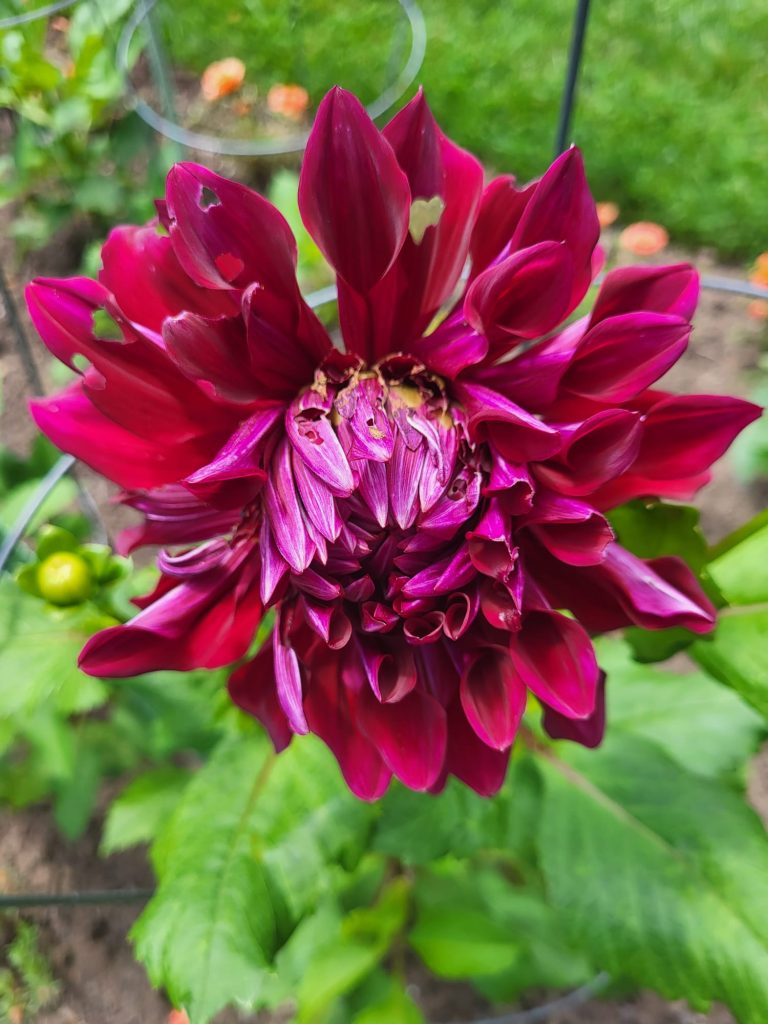
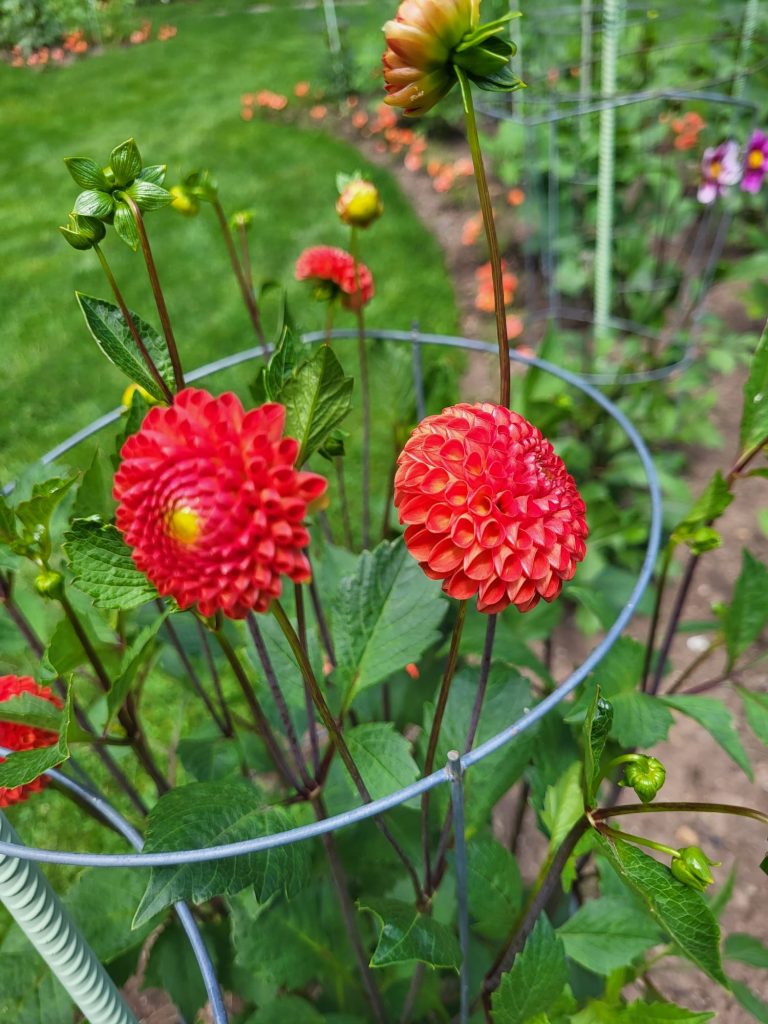
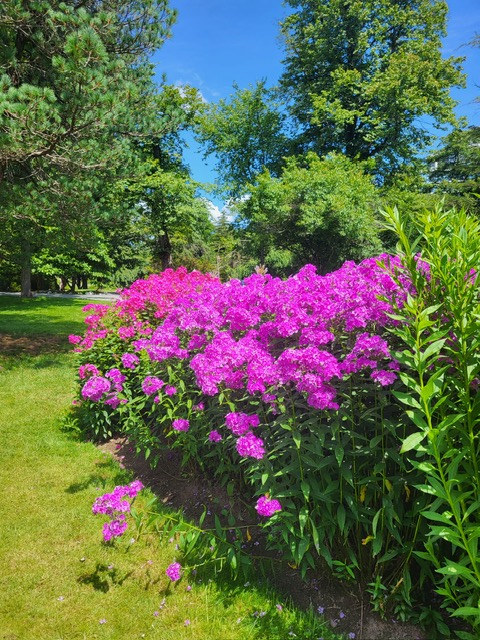
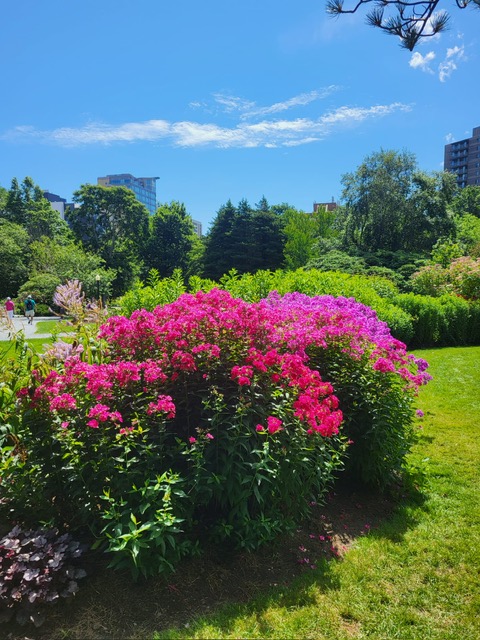
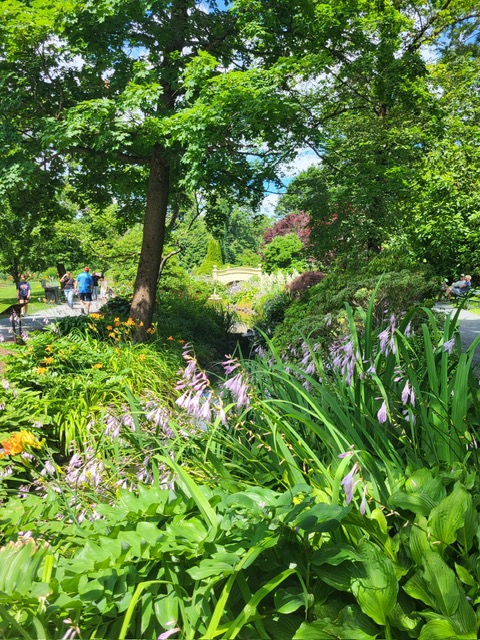
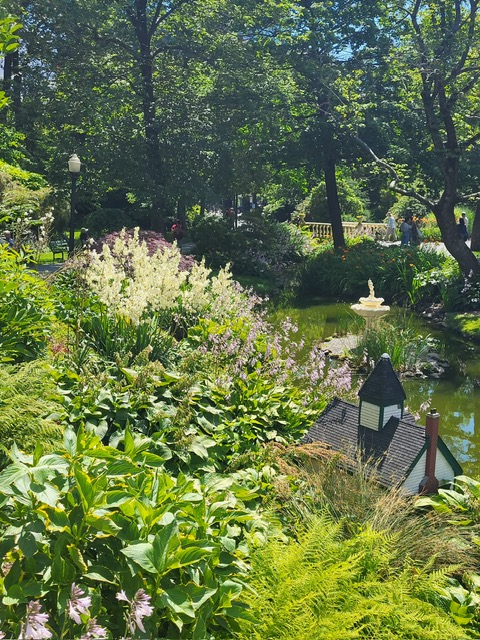
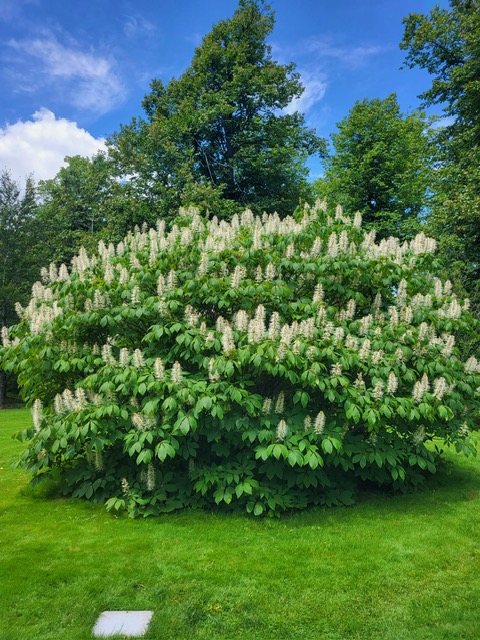
—

